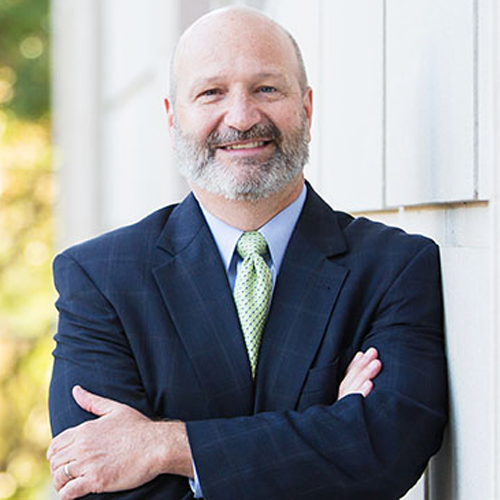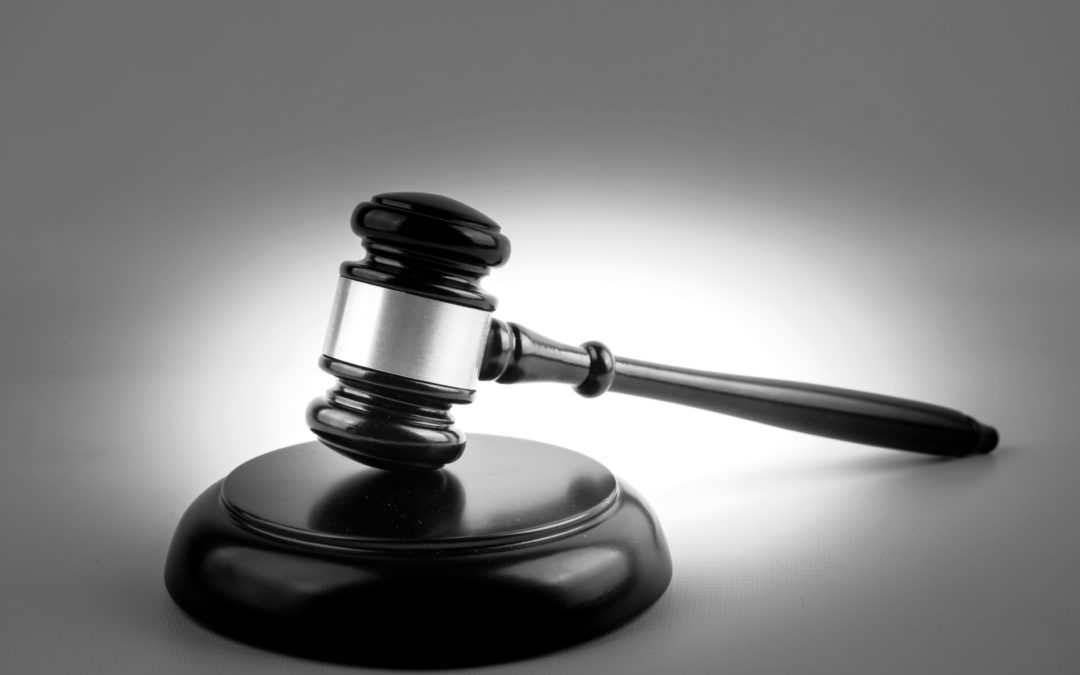In August 2016, I discussed a recent decision of the United States 7th Circuit Court of Appeals which held “that Title VII does not redress sexual orientation discrimination.” As I mentioned in that post, the 7th Circuit’s decision was the first federal appeals court opinion on that subject since the United States Supreme Court decision guaranteeing same sex marriage rights under the United States constitution. It is also the first decision of a federal appeals court on that subject since the United States Equal Employment Opportunity Commission (EEOC) announced its intention to file federal court lawsuits seeking extension of Title VII protection to claims of sexual orientation discrimination.
The United States Circuit Courts of Appeal are divided into 12 geographic regions. Each region or “circuit,” hears appeals from federal trial courts for a handful of states, with the exception of the Circuit Court for the District of Columbia. While each Circuit on average is comprised of approximately 12-15 judges, any one case is heard by a panel of only 3 judges. In most instances, the decision of the 3 judge panel is the final decision of the Circuit Court. Occasionally, however, one of the parties in the matter decided by the 3 judge panel (generally the unhappy one) will request a “rehearing en banc.” This is a request that the decision of the 3 judge panel be set aside (“vacated” in legal speak) so that the entire panel of all judges within the Circuit can rehear the matter as a full court. When this occurs, the original decision of the 3 judge panel is deemed of no precedential value.
On October 11, 2016, the United States 7th Circuit Court of Appeals entered an order setting aside the decision of the 3 judge panel in Hively v. Ivy Tech Community College, which held that Title VII does not extend to sexual orientation discrimination claims. The order set that case for rehearing before the entire panel of judges on the 7th Circuit. While this development does not guarantee a change of heart on the issue, it certainly indicates there is some significant sentiment among the judges on the 7th Circuit Court of Appeals to reach a different interpretation regarding Title VII’s application to sexual orientation discrimination than that reached by the 3 judge panel.
This is a continuously developing area of the law. The same issue is currently pending before a number of other federal trial courts and other federal Circuit Courts. It is quite likely that these multiple courts will reach differing opinions on the issue. While there certainly is a great deal of academic interest in this legal debate, it has real life ramifications for employers who are subject to Title VII of the Civil Rights Act of 1964 and to LGBT employees. Pending an ultimate resolution on this issue, which may not come for several years, employers should always consider obtaining legal advice in advance of any action that may impact LGBT employees or that may be perceived as unfair or discriminatory on account of an employee’s sexual orientation. Similarly, if you are an employee who believes you have been treated unfairly or harassed on account of your sexual orientation, experienced employment counsel can assist you in understanding your current rights and how best to protect yourself and your job.
If you would like to speak to John Lawhorn on this or any other matter, he may be reached at (865) 546-9321.
RELATED POSTS:

John M. Lawhorn of Frantz, McConnell & Seymour, LLP practices extensively in the field of Labor and Employment law and regularly advises clients concerning federal and state laws pertaining to employment discrimination, retaliation and harassment, workplace policies, OSHA/TOSHA compliance, wage and hour compliance, labor/management relations, employment contracts and in many other aspects of the employment field. He regularly represents employer and employee interests in Tennessee State and federal courts on a wide variety of employment related matters.





